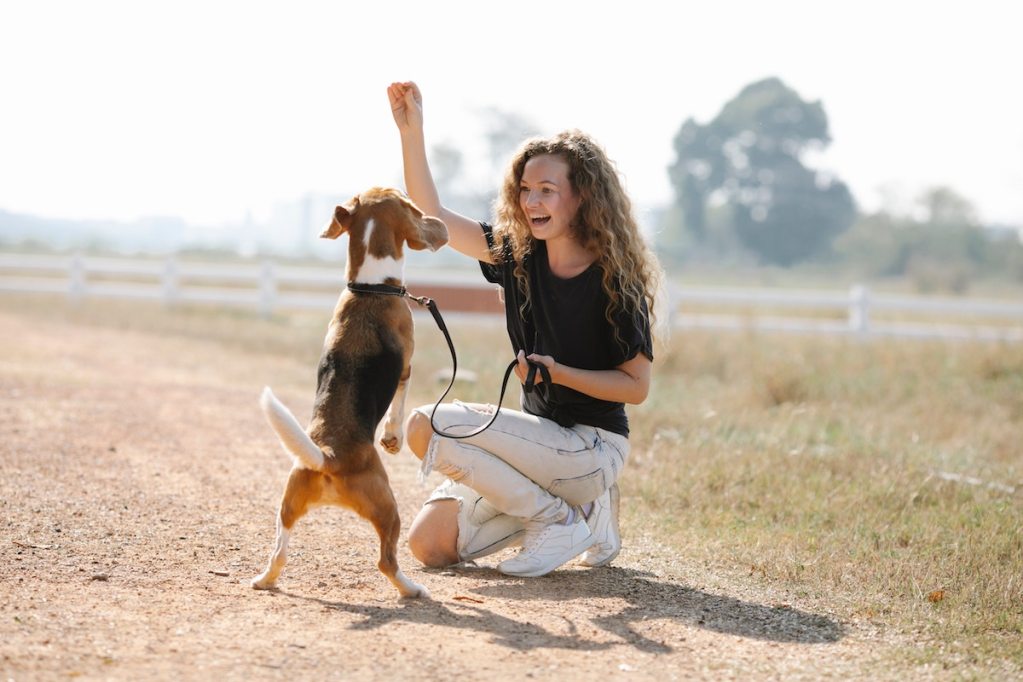Lots of pups don’t like to take their pills — in fact, it’s something they’re well known for on social. While sometimes we see funny videos of a dog hiding, cheeking, or spitting out their dog medicine, in this instance, we get to see a pet parent describe the secret behind her success. This particular pooch always takes her medicine and seems to love pill time.
@honeythedoodle19 Only way to get Honey to consume medications is with this little trick #doodle #dogsoftiktok #goldendoodle
The viral video on TikTok is entitled “Only way to get Honey to consume medications is with this little trick” and shows us this dog mom’s way of making sure her sweet girl always takes her medicine.
First, she explains the approach: pretend you’re dropping the food (with the pill inside), and your dog will immediately swallow it down. The idea here is that our furry friends often realize what we’re doing when we try to give them a treat with a hidden surprise. By acting like we don’t want them to eat the snack, the hungry animal will dive for it and eat it quickly without thinking. Honey’s owner demonstrates by putting the pill into a cheese ball and then “accidentally” dropping it to the ground while telling her “No.” Of course, the buddy dives for the food and gobbles it up, pill and all. “Tricked ya!” Honey’s owner says to end the clip.
Top commenter, Darcy G, quipped, “The reverse psychology?” which is basically what we’re doing here. As Woodron989 explained “‘NO’ = ‘Eat faster!'” In this case, it definitely does.
avictoriaw offered an alternative: “I just hype it up as a treat, and my dog eats it every time with no additions. It’s been two years, and he’s never realized.” Finally, G said, “But I trained my dog to not eat random things off the floor,” which is a problem we’ll tackle a bit below.

How to give a dog a pill the right way
Honey’s method absolutely works in a pinch, and if you can’t get your fur baby to agree to take her pills, you might have to resort to it. However, when you say no to a dog, and they get a treat for ignoring you, you’re making your own life a bit harder. We don’t want to undo all the hard work we put into training our animals after all.
- One trick you can try is to only give your pup their pills before mealtimes when they are hungriest.
- Another idea is to get flavored pills that your dog will love and not even realize what he’s getting.
- Lastly, some medicines come in liquid form, which can be easier to swallow.
No matter your method, make sure to always give your pet the full dose and to confirm they took their pill (check their bed or favorite spot after if you think he cheeked it). If you do find the right snack, you can turn meds time into treat time, which your canine companion will thank you for.



